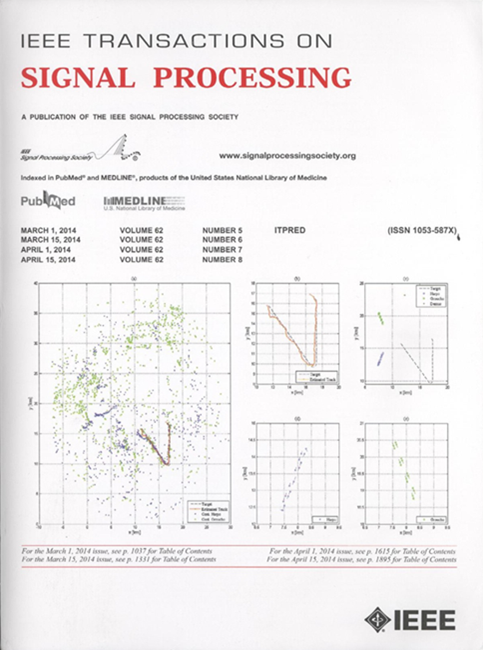具有混合去噪先验的广义量子态层析成像
IF 4.6
2区 工程技术
Q1 ENGINEERING, ELECTRICAL & ELECTRONIC
引用次数: 0
摘要
量子态层析成像(QST)是估计量子系统未知状态的金标准,但长期以来一直受到指数增长测量问题的困扰。最近的深度学习方法通过在没有理论收敛保证的情况下以数据驱动的方式训练神经网络来缓解这个问题。它们在层析质量上缺乏可靠性,并且在推广到具有不同环境中不同实现的广泛量子系统时受到再训练的限制。为了解决这个问题,我们提出了QST的第一个广义深度学习方法,名为HD-QST,它利用混合去噪先验和完善的收敛保证来适应广泛的量子态和环境。通过强化学习动态确定的解析式低秩去噪和基于神经网络的平滑去噪的凸组合实现了混合去噪先验。我们从理论上证明,当刻画一个量子系统时,HD-QST在真密度矩阵是任意一个去噪器的不动点而不是多个去噪器的共享不动点的松弛条件下保证了几何收敛速率。大量的实验表明,与现有的方法相比,HD-QST在单器件模拟和跨器件应用中始终能够获得更高的纯量子态和混合量子态保真度。值得注意的是,它通过捕获离子实现了真实W态QST的保真度,并在IBM量子计算机上对跨设备QST进行了精确的评估和比较。本文章由计算机程序翻译,如有差异,请以英文原文为准。
Generalized Quantum State Tomography With Hybrid Denoising Priors
Quantum state tomography (QST) is the gold standard for estimating the unknown state of quantum systems but suffers from the longstanding problem of exponentially growing measurements. Recent deep learning approaches alleviate the problem by training neural networks in a data-driven manner without theoretical convergence guarantees. They lack reliability in tomography quality and are restricted by retraining when generalized to extensive quantum systems with varying realizations in different environments. To address this issue, we propose the first generalized deep learning method for QST, named HD-QST, that leverages hybrid denoising priors with well-established convergence guarantees to fit extensive quantum states and environments. Hybrid denoising priors are achieved with the convex combination of analytic low-rank denoiser and neural network-based smooth denoiser dynamically determined via reinforcement learning. We demonstrate in theory that, when characterizing a quantum system, HD-QST guarantees a geometric convergence rate under the relaxed condition that the true density matrix is the fixed point of any one denoiser rather than the shared fixed point of multiple denoisers. Extensive experiments show that, compared with existing methods, HD-QST consistently obtains superior fidelity for pure and mixed quantum states in both single-device simulations and cross-device applications. Remarkably, it achieves state-of-the-art fidelity in QST of real-world W states by trapped ions and precise evaluation and comparison on cross-device QST on IBM quantum computers.
求助全文
通过发布文献求助,成功后即可免费获取论文全文。
去求助
来源期刊

IEEE Transactions on Signal Processing
工程技术-工程:电子与电气
CiteScore
11.20
自引率
9.30%
发文量
310
审稿时长
3.0 months
期刊介绍:
The IEEE Transactions on Signal Processing covers novel theory, algorithms, performance analyses and applications of techniques for the processing, understanding, learning, retrieval, mining, and extraction of information from signals. The term “signal” includes, among others, audio, video, speech, image, communication, geophysical, sonar, radar, medical and musical signals. Examples of topics of interest include, but are not limited to, information processing and the theory and application of filtering, coding, transmitting, estimating, detecting, analyzing, recognizing, synthesizing, recording, and reproducing signals.
 求助内容:
求助内容: 应助结果提醒方式:
应助结果提醒方式:


